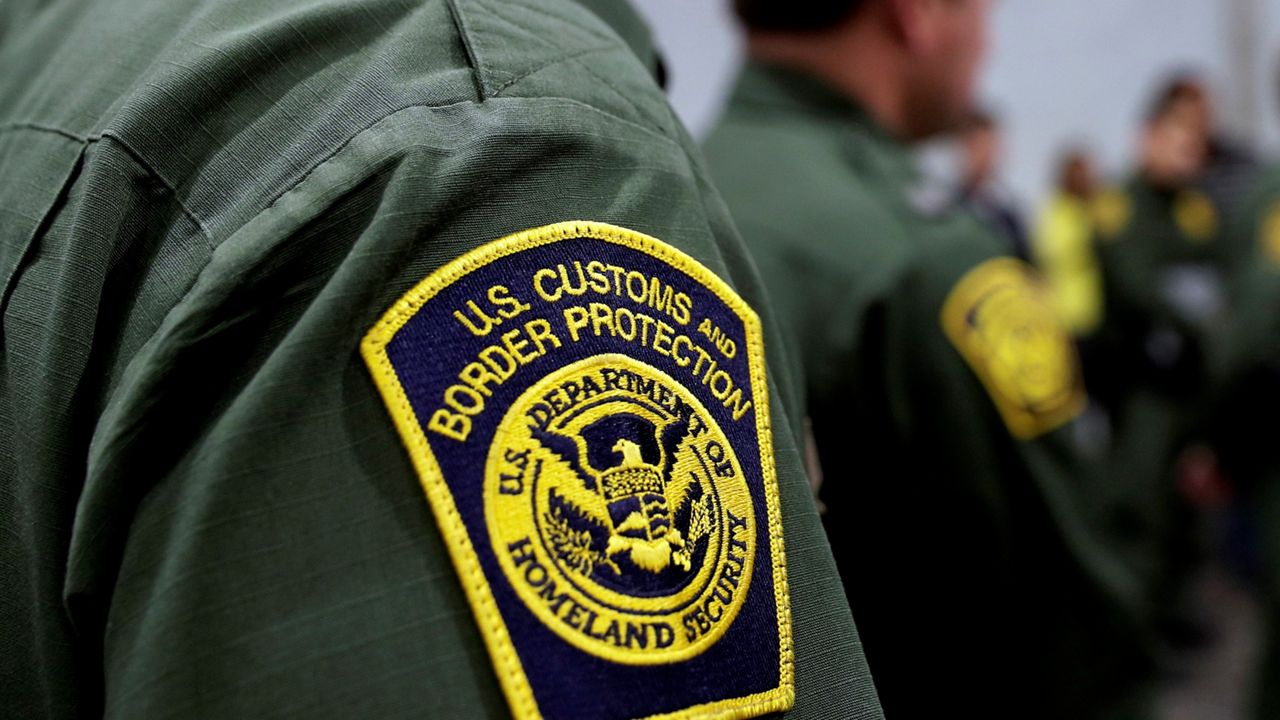TEXAS — The Office of the Inspector General found that CBP, ICE and TSA did not sufficiently evaluate the dangers of releasing noncitizens without identification and allowing them to travel within the U.S.
The report noted that neither CBP nor ICE performed a thorough risk assessment for noncitizens to evaluate the potential risk they pose and establish appropriate mitigation measures.
Federal law mandates the detention of noncitizens without identification who attempt to enter the country. Noncitizens can be released into the United States by CBP and ICE officials, depending on various factors.
Noncitizens are allowed to take domestic flights once they are in the United States. CBP and ICE officers gather self-reported biographical data before releasing individuals into the U.S., which is then used for immigration paperwork.
According to the report by the Office of the Inspector General (OIG), TSA screens and vets noncitizens who are released to travel within the U.S. by flight. However, the risk of noncitizens who could pose a threat to fellow passengers boarding domestic flights is not completely eliminated by TSA’s vetting and screening procedures.
The OIG suggested that Homeland Security conduct risk assessments on noncitizens and establish risk-mitigation policies and procedures.
The DHS responded to the Office of the Inspector General saying, "Leadership, however, is concerned that the OIG's analysis and conclusions in this draft report contains inaccurate statements, lacks important context, and is potentially misleading to readers of the report."











